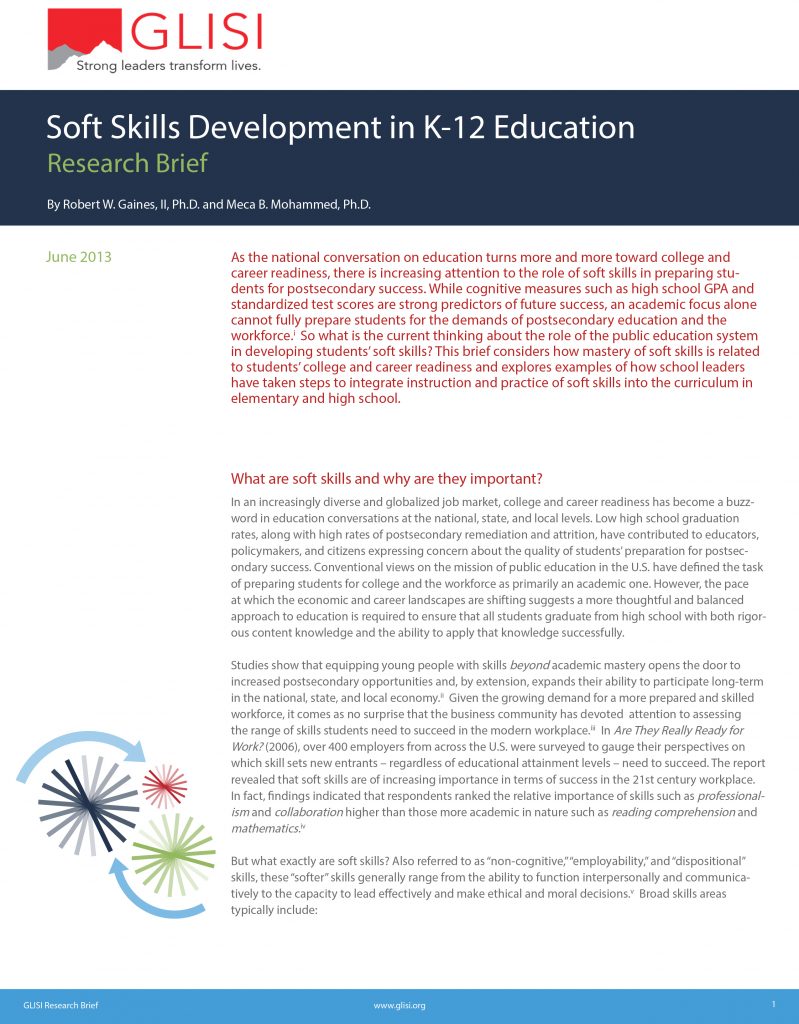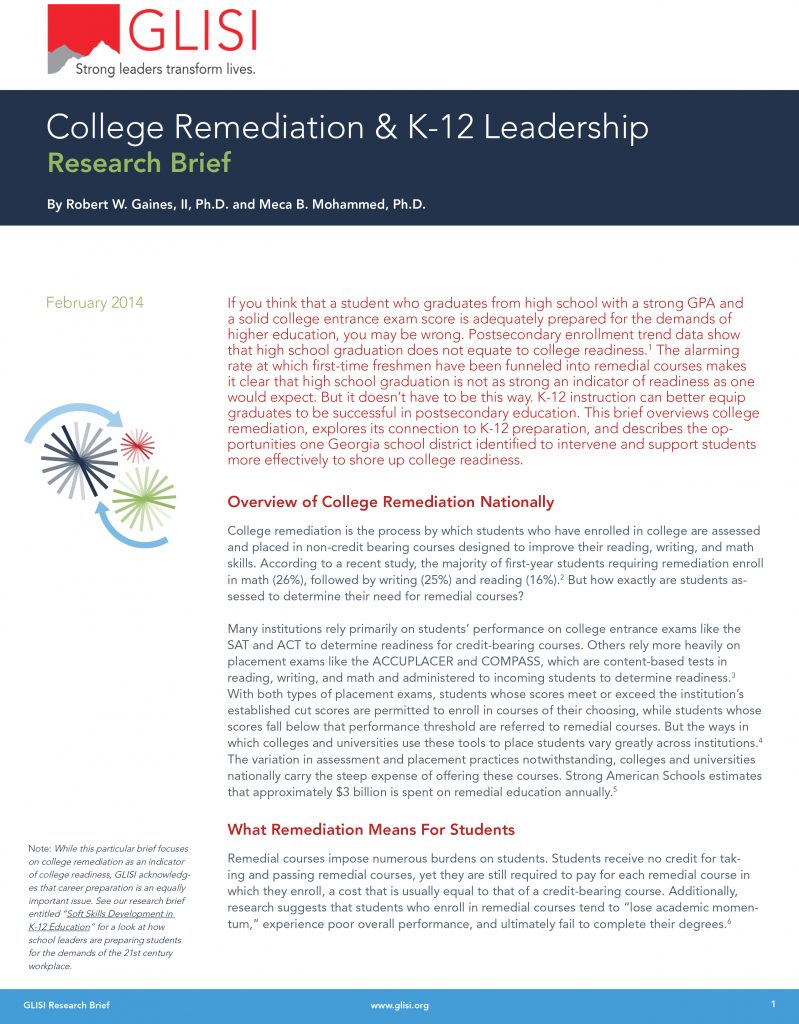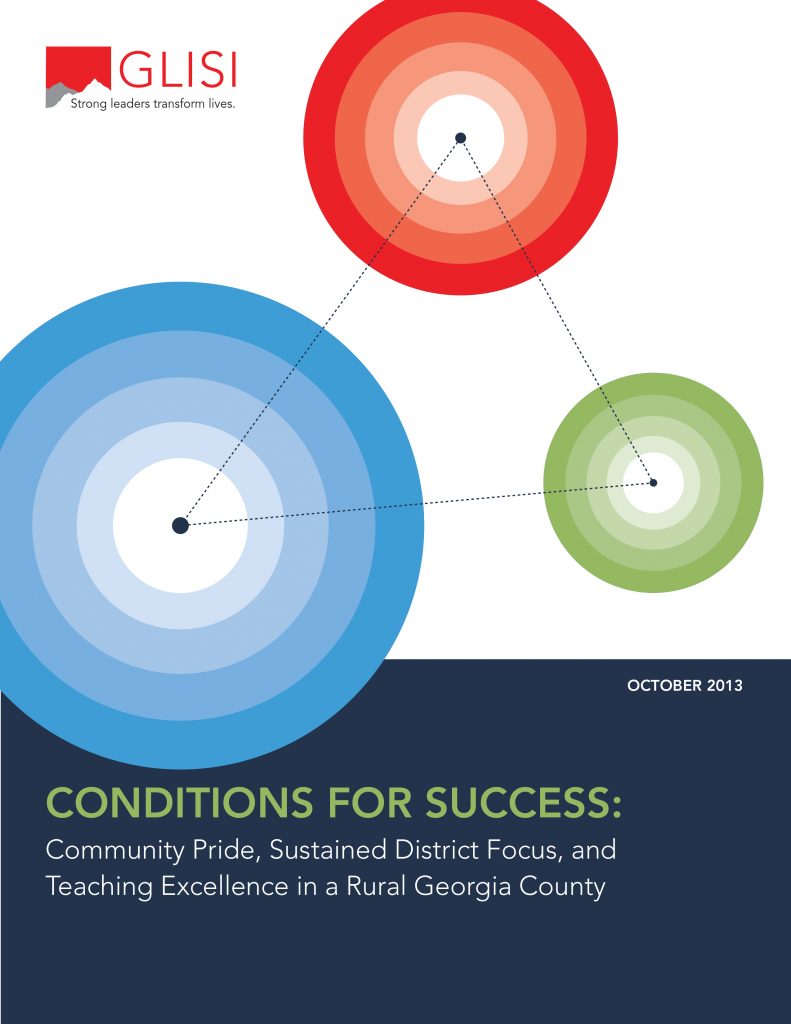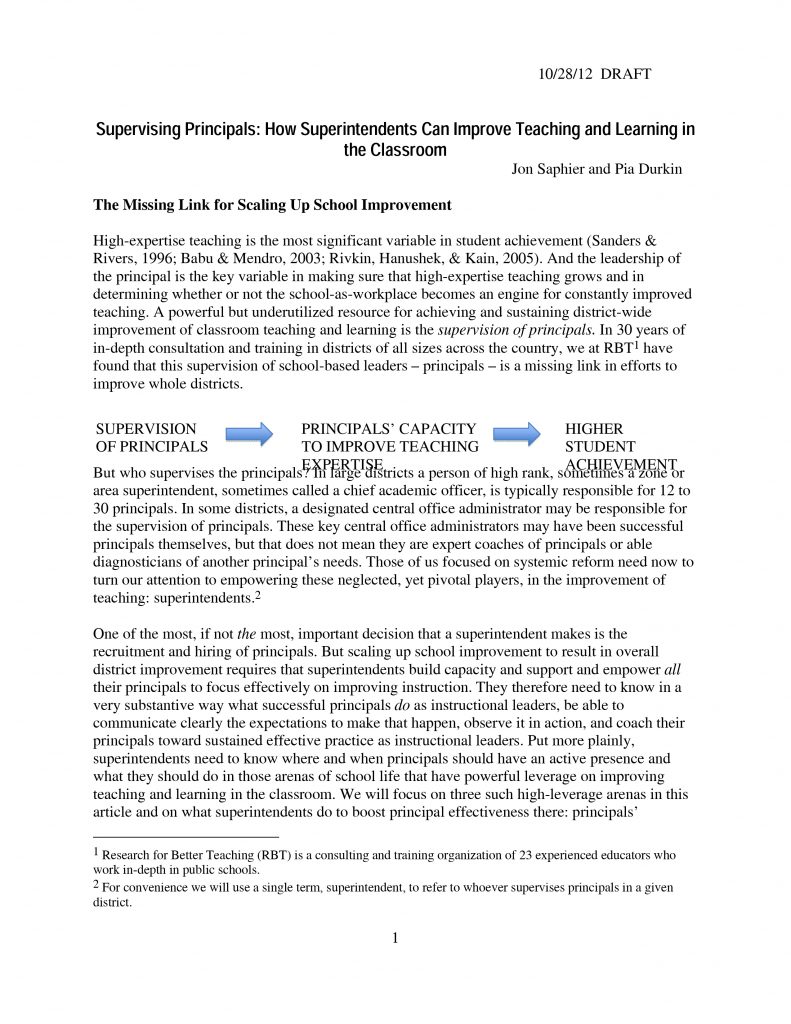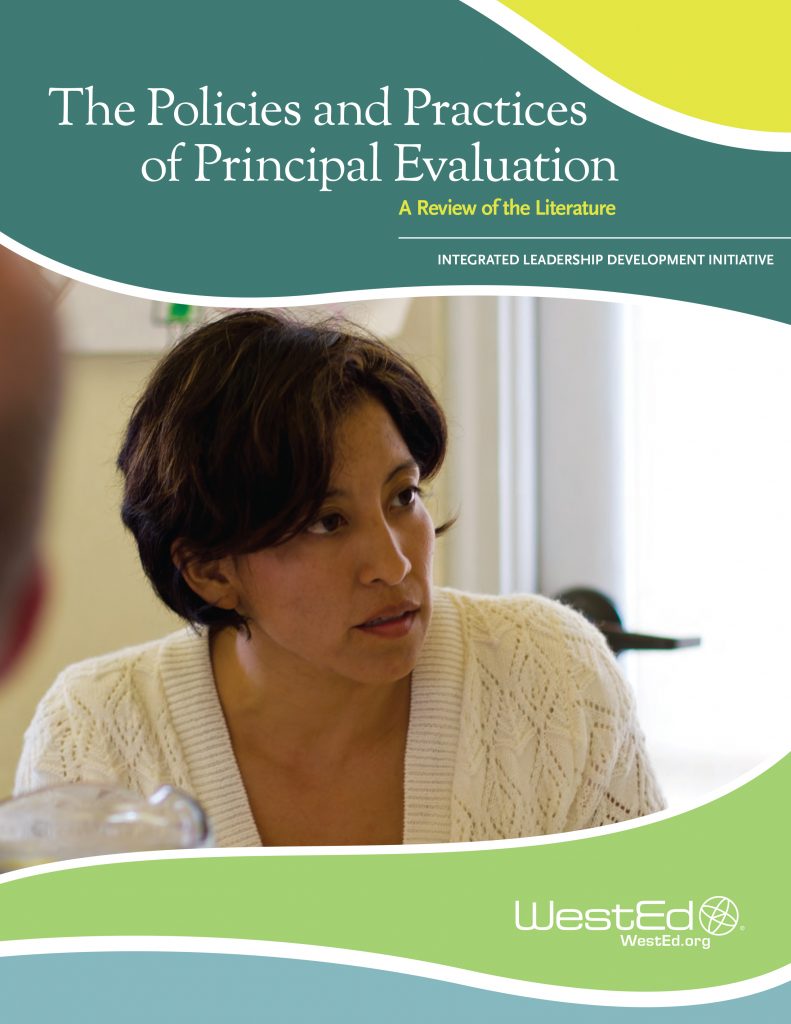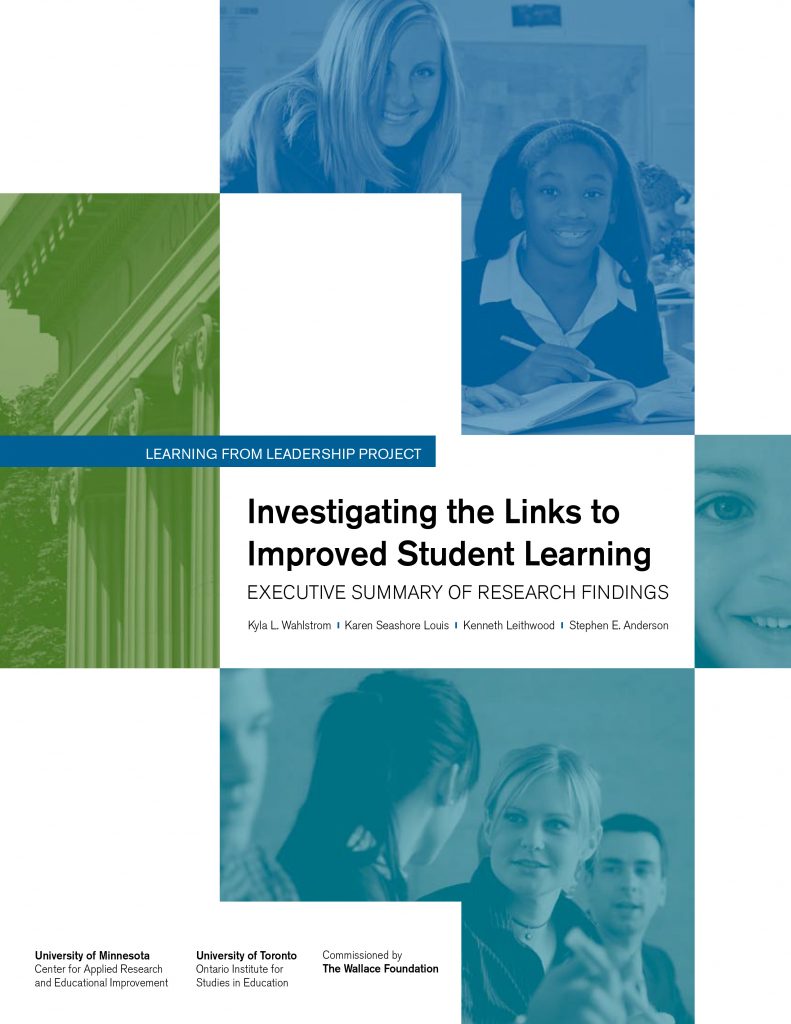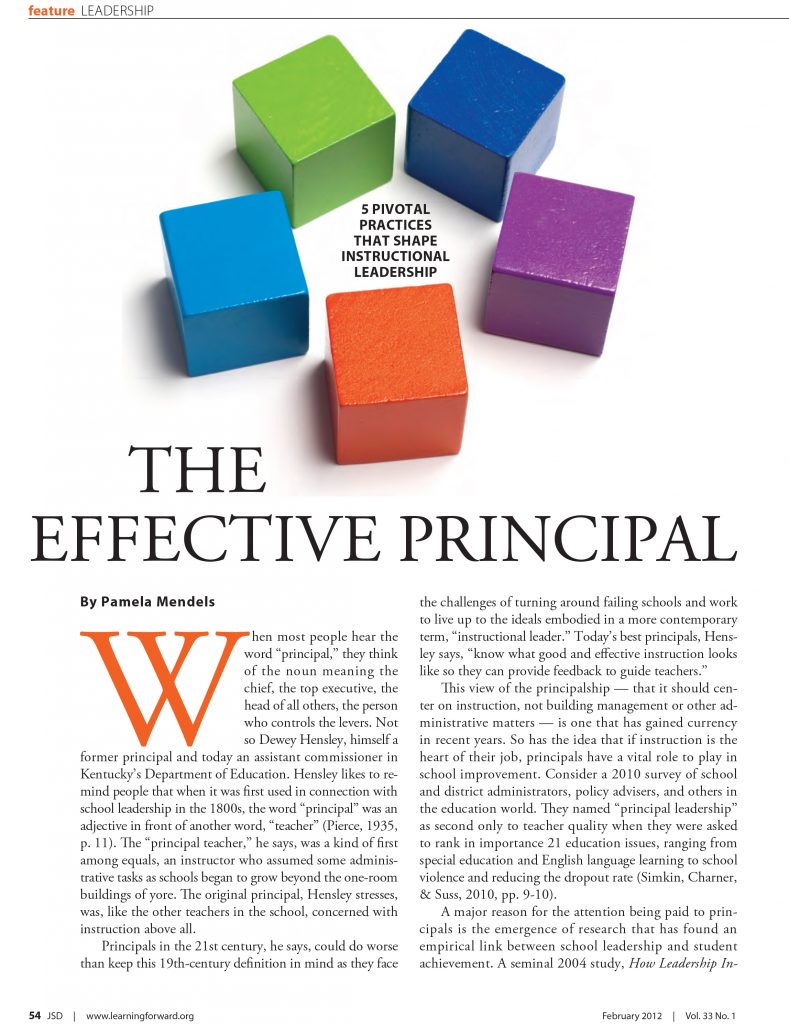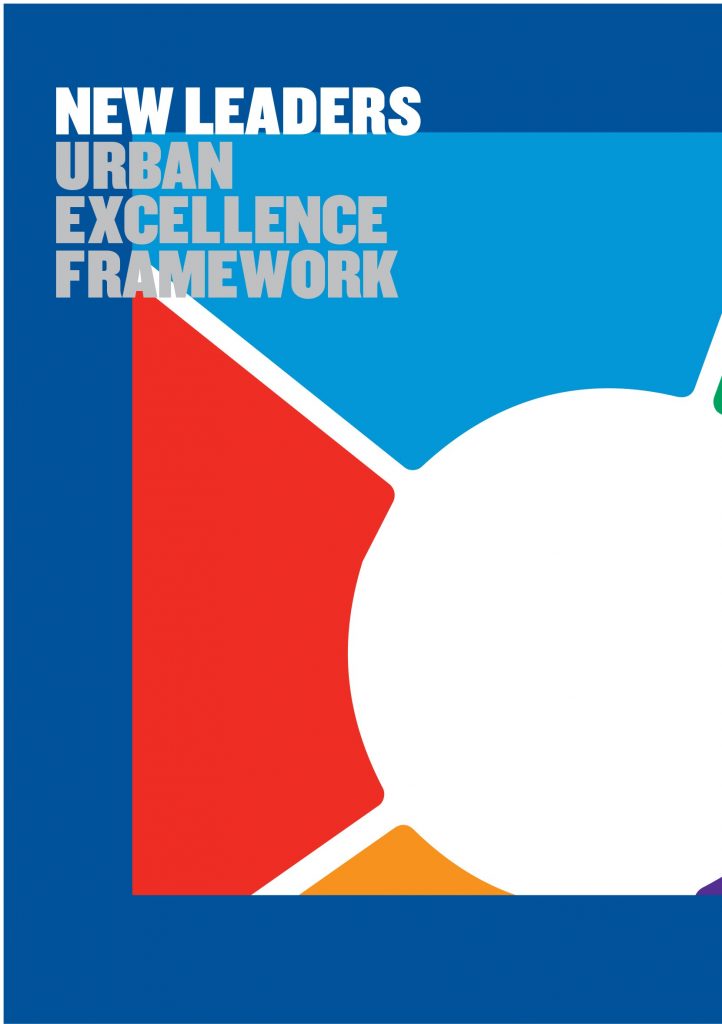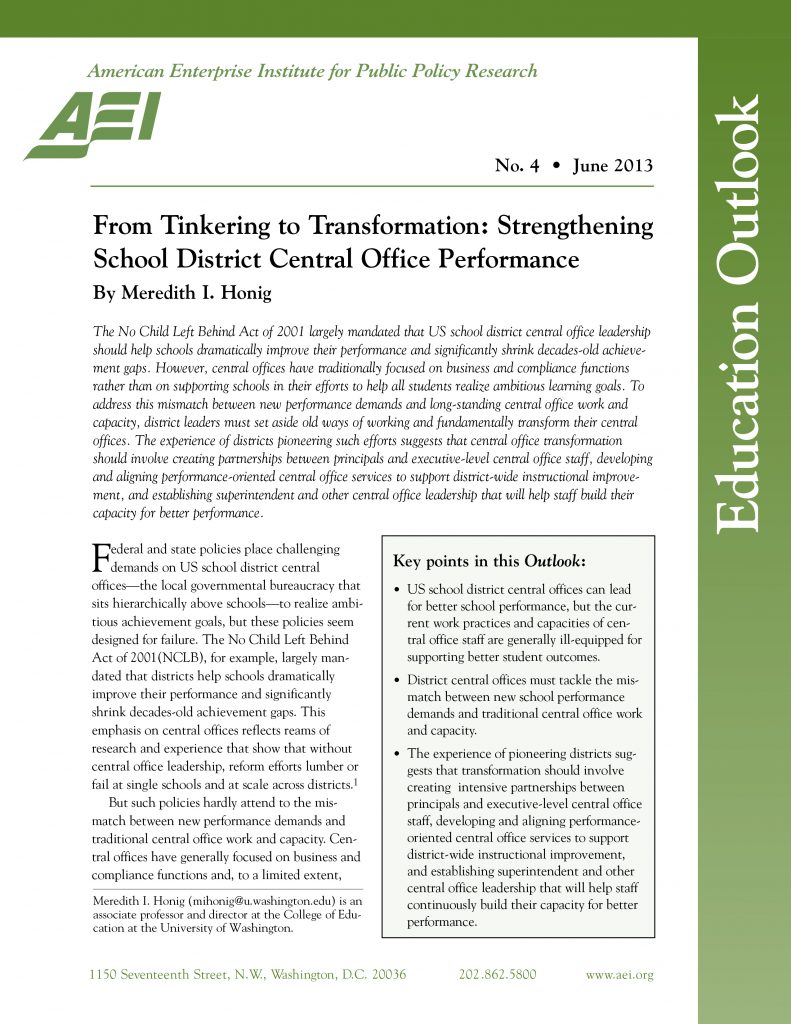GLISI curates cutting-edge research, reports, and in-house publications to support the development of leaders from the classroom to the school building to the central office.
Select the applicable leader key and leader type in the filter to find relevant resources for your needs.
Implementing Common Core is at the center of the current education spotlight. The attention of schools, legislators and media is squarely focused on implementing rigorous academic curriculum to ensure all students graduate college and career ready. Yet, research suggests that soft skills are equally important to student success after high school as strong academic performance. This research brief highlights some of the research on soft skills, and offers examples and tips for how pioneering educators are teaching these important skills across the K-12 spectrum.
Read MoreIf you think that a student who graduates from high school with a strong GPA and a solid college entrance exam score is adequately prepared for the demands of higher education, you may be wrong. Post-secondary enrollment trend data show that high school graduation does not equate to college readiness.This brief overviews college remediation, explores its connection to K-12 preparation, and describes the opportunities one Georgia school district identified to intervene and support students more effectively to shore up college readiness.
Read MoreWhat did school and community leaders do that led to rural school success in third-grade reading? Researchers at GLISI found three conditions in a case study with implications for rural student achievement. This is the second in GLISI’s Conditions for Success series.
Read MoreThe inaugural report in our Conditions for Success series, this document is the culmination of a study that explored what leaders were doing and what conditions were present in a small, rural school district in Georgia when the graduation rate increased by 15 or more percentage points from 2007 to 2010 among student groups that struggle with high school completion across the nation.
Read MoreThis resource examines the role superintendents as principal supervisors and their importance in building principals’ instructional leadership capacity and helping them advance student achievement, looking particularly at 3 high-leverage arenas in which superintendents can have the greatest impact on principals.
Read MoreThis report is an extensive overview of existing research on principal evaluation systems, drawing on peer-reviewed and non-peer-reviewed studies, as well as primary and secondary resources. Collectively, the resources spotlight some key information that may offer practitioners and policymakers some guidance on ways to more effectively assess and increase principal effectiveness.
Read MoreThis seminal study sponsored by the Wallace Foundation builds on earlier research that explored the relationship between education leadership and student learning, reaffirming the claim that leadership’s impact is second only to classroom instruction as a school-related factor influencing student learning.
Read MoreThis short article provides an overview of the five practices research has identified as critical to effective school leadership: 1) shaping a vision; 2) creating a climate hospitable to education; 3) cultivating leadership in others; 4) improving instruction; 5) and managing people, data, and processes.
Read MoreThis tool was created by New Leaders to identify successful practices in schools showing dramatic gains. The framework includes 5 categories of school practices, each of which is further divided into Key Levers that represent a subset of practices used in New Leaders’ highest performing schools.
Read MoreThis document examines the disconnect between new performance expectations for districts after the passage No Child Left Behind Act of 2001 and the traditional functions and work of the central office. It looks particularly at the necessity of central office transformation in the wake of greater accountability standards, highlighting the importance of developing new partnerships between school and district leaders, the importance of aligning central office services to support the district’s instructional needs, and building the leadership capacity of central office personnel.
Read More- « Previous
- 1
- 2
- 3
- 4
- Next »

